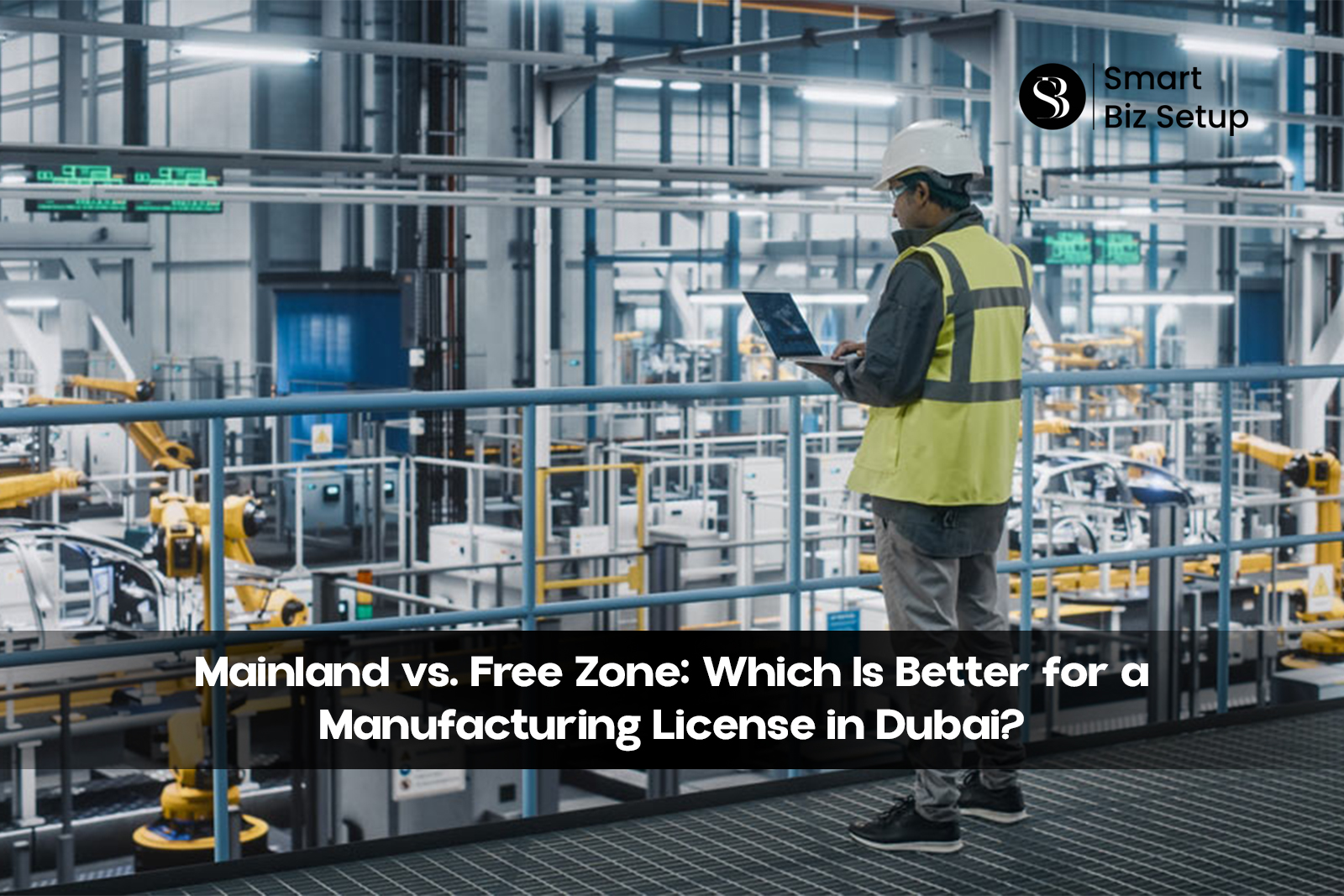Understanding the tax landscape is crucial for new businesses setting up in Dubai. With its favourable tax regime, Dubai offers a variety of incentives that make it an attractive destination for entrepreneurs. This blog post provides essential tax information for new businesses in Dubai, helping you navigate the local tax regulations and optimise your financial strategy.
The Tax Environment in Dubai
Dubai is renowned for its business-friendly tax policies, which are designed to attract foreign investment and stimulate economic growth. The emirate offers several tax advantages, including low corporate tax rates, exemptions and simplified procedures. However, it’s essential for new businesses to be aware of the specific tax requirements and regulations to ensure compliance and avoid potential issues.
Key Tax Benefits for Businesses in Dubai
1. Corporate Tax Exemptions
Dubai offers corporate tax exemptions for most businesses operating within its free zones. Companies in these zones are typically not subject to corporate income tax for up to 50 years, provided they meet certain conditions. This exemption significantly reduces the tax burden on businesses and allows them to reinvest their profits into growth and expansion.
2. No Personal Income Tax
One of the most appealing aspects of Dubai’s tax regime is the absence of personal income tax. This means that employees and business owners do not pay taxes on their salaries, wages, or other forms of personal income. This tax advantage enhances the attractiveness of Dubai as a business destination and contributes to a higher disposable income for residents.
3. VAT (Value Added Tax)
While corporate income tax is generally not applied, Dubai does implement Value Added Tax (VAT) on goods and services. VAT is currently set at a standard rate of 5% and is applicable to most business transactions. Businesses must register for VAT if their annual turnover exceeds a specified threshold. VAT-registered businesses are required to charge VAT on their sales, file regular VAT returns and pay the collected VAT to the Federal Tax Authority (FTA).
4. Excise Tax
Dubai imposes an excise tax on certain goods that are deemed harmful to health or the environment. This includes products like tobacco, sugary drinks and energy drinks. The excise tax rates vary depending on the product category and are applied at the point of importation or production. Businesses involved in the production or sale of these goods must comply with excise tax regulations and ensure proper reporting.
5. Custom Duties
Import duties are another important consideration for businesses involved in international trade. Dubai imposes customs duties on imported goods, typically ranging from 5% to 20% of the goods’ value, depending on the product category. However, businesses operating within Dubai’s free zones benefit from exemptions or reductions in customs duties, facilitating cost-effective import and export activities.
Compliance and Reporting Requirements
1. Tax Registration
New businesses must register for VAT with the Federal Tax Authority (FTA) if their taxable supplies exceed the mandatory registration threshold. The registration process involves submitting an application, providing relevant business information and obtaining a VAT registration number. Failure to register on time can result in penalties and complications with tax compliance.
2. VAT Invoicing and Reporting
Businesses that are VAT-registered must issue VAT-compliant invoices for their transactions, detailing the VAT amount and including the VAT registration number. They are also required to maintain accurate records of their sales, purchases and VAT transactions. Regular VAT returns must be filed with the FTA, detailing the VAT collected and paid and any adjustments or corrections must be made promptly.
3. Excise Tax Compliance
For businesses subject to excise tax, compliance involves maintaining records of excise goods, filing excise tax returns and paying the applicable tax to the FTA. Excise tax returns must be submitted on a regular basis and businesses must ensure that they adhere to all reporting requirements to avoid penalties.
4. Customs Declarations
Businesses involved in importing goods must submit customs declarations to the Dubai Customs Authority. This includes providing detailed information about the goods, their value and any applicable customs duties. Accurate and timely customs declarations are essential for smooth import processes and avoiding delays or fines.
Strategies for Effective Tax Management
1. Seek Professional Advice
Given the complexities of tax regulations, it is advisable for new businesses to seek professional advice from tax consultants or accounting firms. They can provide guidance on tax planning, compliance and optimisation strategies, ensuring that your business meets all legal requirements while minimising its tax liabilities.
2. Implement Robust Accounting Practices
Maintaining accurate and organised financial records is crucial for tax compliance. Implementing robust accounting practices, including regular reconciliations and audits, can help ensure that your business remains compliant with tax regulations and is prepared for any potential audits or reviews.
3. Stay Updated on Tax Changes
Tax regulations can change frequently, so it’s important to stay informed about any updates or amendments to the tax laws in Dubai. Regularly reviewing official announcements from the FTA and consulting with tax professionals can help you stay compliant and adapt to any new requirements.
Conclusion
Navigating the tax landscape in Dubai is essential for new businesses aiming to establish a successful operation. By understanding the key tax benefits, compliance requirements and reporting obligations, you can optimise your financial strategy and ensure smooth business operations.
Need assistance with tax compliance for your new business in Dubai? Contact us today for expert advice and support to ensure that your business meets all regulatory requirements and maximises its tax benefits.






